Beauty is notoriously one of the most cut throat – and, at times, polluting – industries. Trends evolve at a breakneck pace and brands must strive to not only be current but progressively clairvoyant.
Despite this, a handful have emerged as serious pace-setters – demonstrating not only the aptitude for business strategy but civic engagement too. These beauty labels are leading the charge in inclusivity, environmental conservation, and community support. Here are 7 beauty brands we love that are dramatically transforming the beauty industry.
RevitaLash
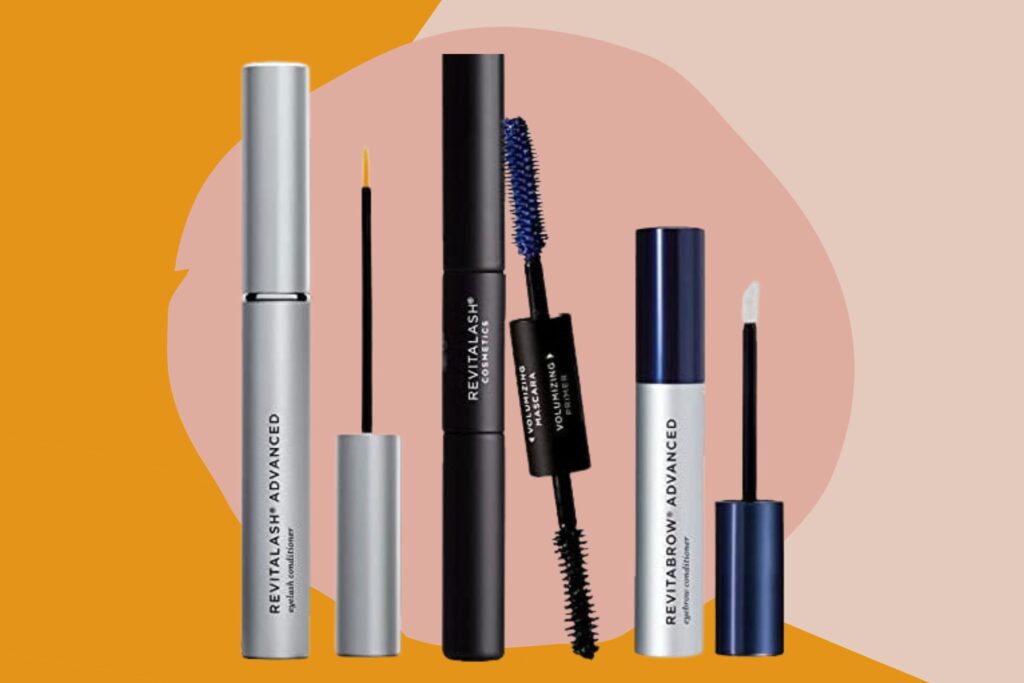
RevitaLash is a brand that believes in the power of beauty for a cause. Founded by Dr. Michael Brinkenhoff as a special gift for his wife, Gayle, during her recovery from breast cancer treatments, the company’s philanthropic journey is deeply rooted in its history and is a significant part of its identity.
Through its philanthropy initiative Eternally Pink Pledge®, they support numerous cancer institutions globally, investing in cutting-edge research, patient services and other worthwhile causes. Their substantial breast cancer programme donates a portion of the brand’s proceeds to research organisations and cancer survivors.
In 2022, RevitaLash partnered with City of Hope to improve breast cancer screening and treatment for women in sub-Saharan Africa, where breast cancer mortality rates are among the highest globally. Proceeds from global sales of their limited-edition pink products were donated to this important project.
With their unwavering commitment, RevitaLash is ensuring that the beauty world does not simply stop at surface appearances but delves deep to care for every individual. It certainly does no harm that their products are gorgeous; check out the RevitaLash range at Daily Skin for their latest lash and eyebrow-nourishing range.
Glossier
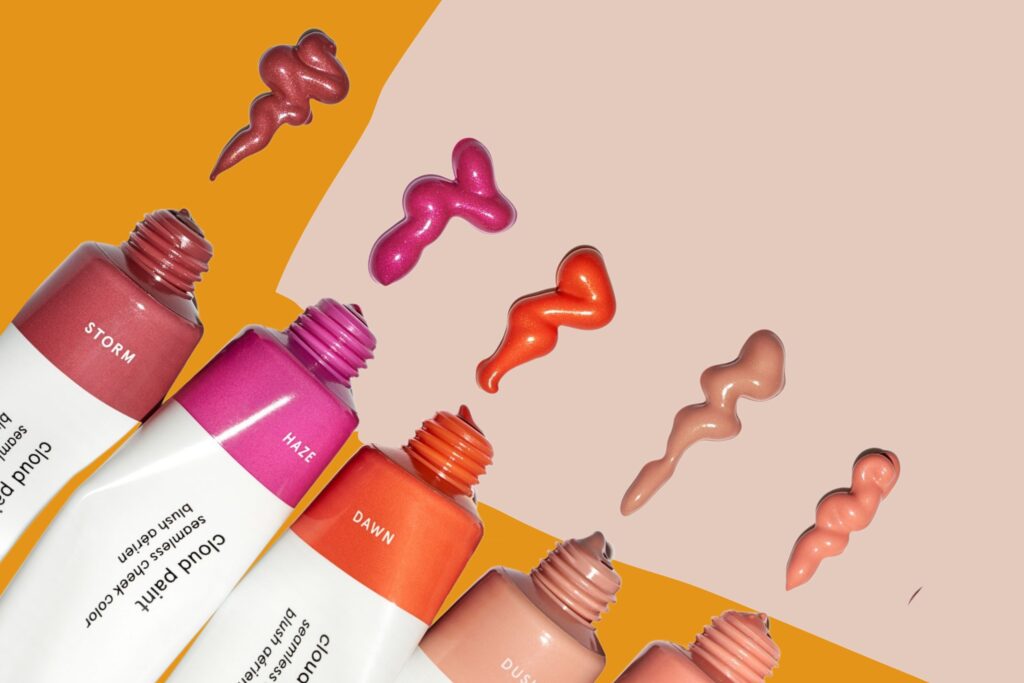
Glossier is synonymous with bringing transparency and approachability to skincare and make-up. The Glossier For Good initiative, set up in 2023, endorses local organisations by providing grants to ensure their continuous functioning. Through this move, Glossier ensures that it circulates its profits back into the community, creating a sustainable ecosystem where everyone flourishes—truly a brand that infuses care within its strategy and every product it designs.
Committed to supporting underrepresented entrepreneurs and communities, largely focusing on expanding the definition of beauty through their products and programs, the company is committed to demolishing legacies of systemic inequities. The Glossier Grant program is perhaps the most commendable aspect of the company’s philanthropy, predominantly investing in Black beauty entrepreneurs, providing an essential springboard to counteract barriers to fundraising.
Since 2020, over $1.1 million has been donated to 30+ founders leading 26 beauty brands. Revenue from retail store merchandise goes towards local nonprofits, amounting to over $200,000 in under two years. There are plans for expansion to the UK via a partnership with Black Girl Fest and an upcoming grant amounting to $300K for 6 new founders, bundled with a four-month business program.
Lush
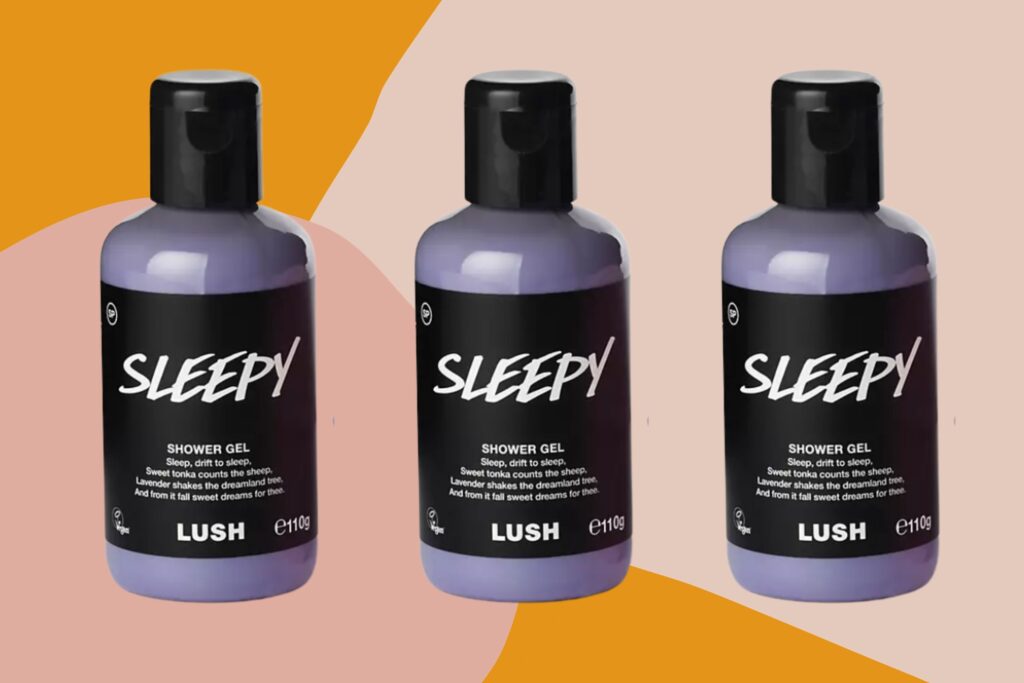
Lush Cosmetics, known for its fabulous bath bombs and ethical buying policies, has become an incredibly transparent and activist brand over the years. Lush publishes yearly impact reports to keep customers updated on how the business makes and impact and reflects on its values.
With a staunch commitment to crafting products that are 100% vegan, limiting wastage, and never testing on animals, Lush is bringing much-needed ethics to the beauty market segment. Check out the Lush Ethical Charter for more on the company’s commitment to good practice.
Caudalie
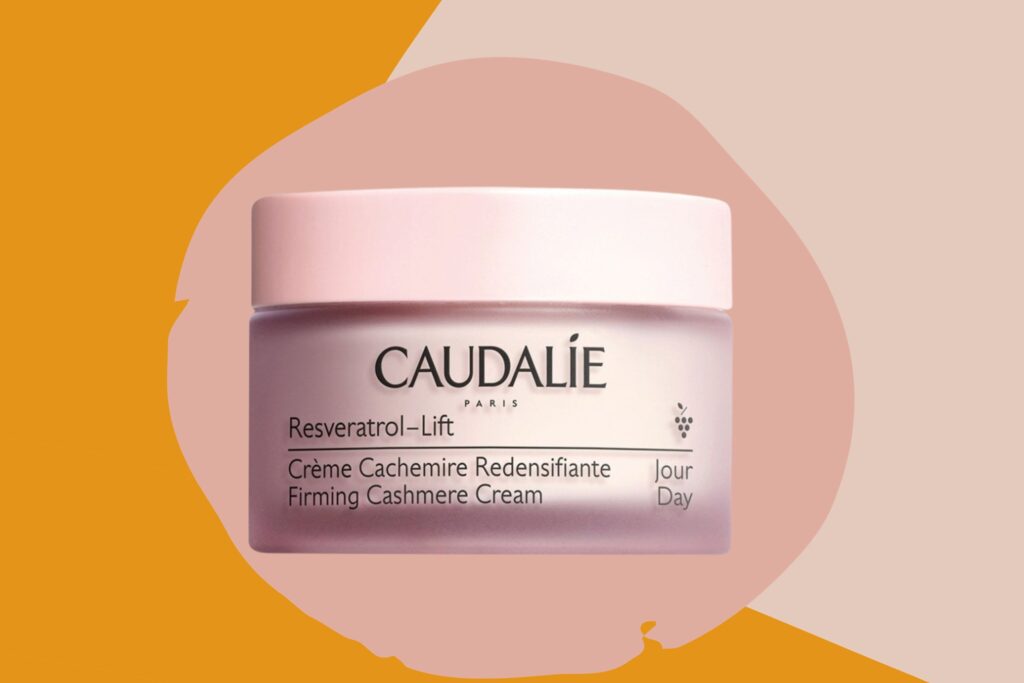
A stalwart in the beauty industry, Caudalie is a brand liked for more than just its extraordinary line of products. The brand produces natural, high-quality skincare with cutting-edge technology while adhering to a “Cosm-ethics” philosophy. This includes pledges to company workers for welfare and conscious efforts towards reducing packaging, among others.
Caudalie is a longstanding member of the 1% for the Planet network. Since 2012, the company has robustly committed to environmental conservation by contributing 1% of its global turnover to organisations active in environmental protection. The company has successfully planted over 8 million trees in 8 countries up to 2021, preserving biodiversity, reducing impacts of climate change, capturing CO2, and generating jobs while demonstrating its dedication to protecting the environment.
The brand collaborates with various global initiatives including Nordesta, Pur Projet, WWF, Coeur de forêt, Arbres & Paysages, and many more, leading extensive reforestation projects across Brazil, Peru, Thailand, Germany, China, Indonesia, France, the USA, the state of Oaxaca in Mexico and Madagascar. Unsurprisingly but no less commendably, the brand maintains a strong stance against animal testing (though it should be noted that PETA reports the company do test on animals) and supports alternative in vitro methods, avoiding animal-derived ingredients in its products.
Fenty Beauty
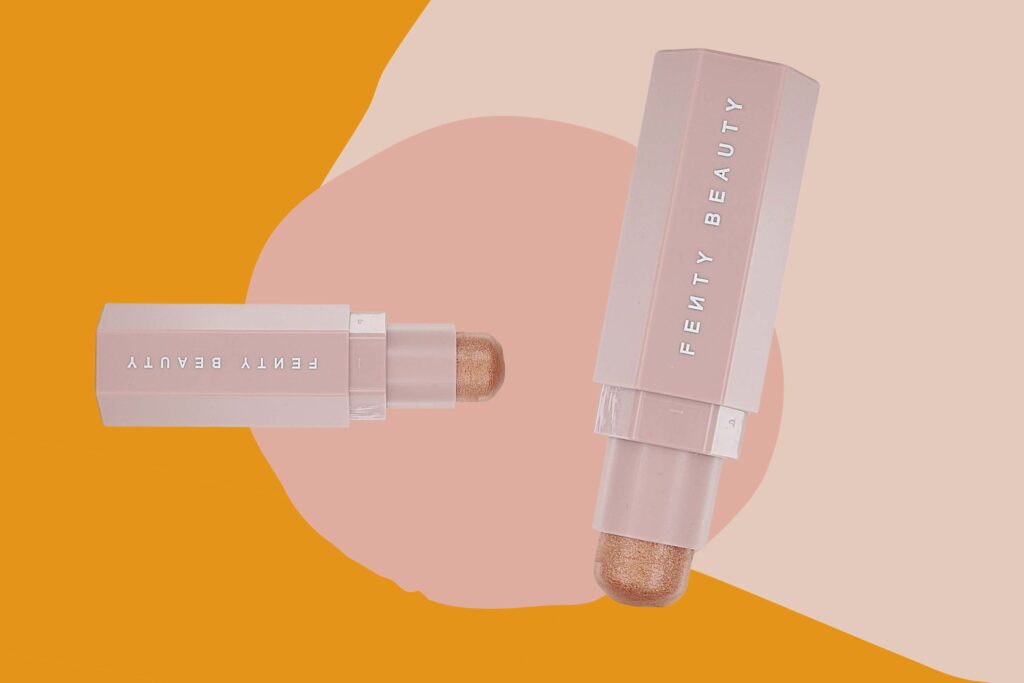
When it started, Fenty Beauty broke boundaries by introducing an impressive 40-shade foundation line, greatly increasing the industry’s standard for inclusivity. The brand, owned by phenomenally successful artist Rihanna, has sent waves of influence across the beauty industry, proving that diversity and inclusion go beyond mere buzzwords and can positively impact a business model.
The Body Shop
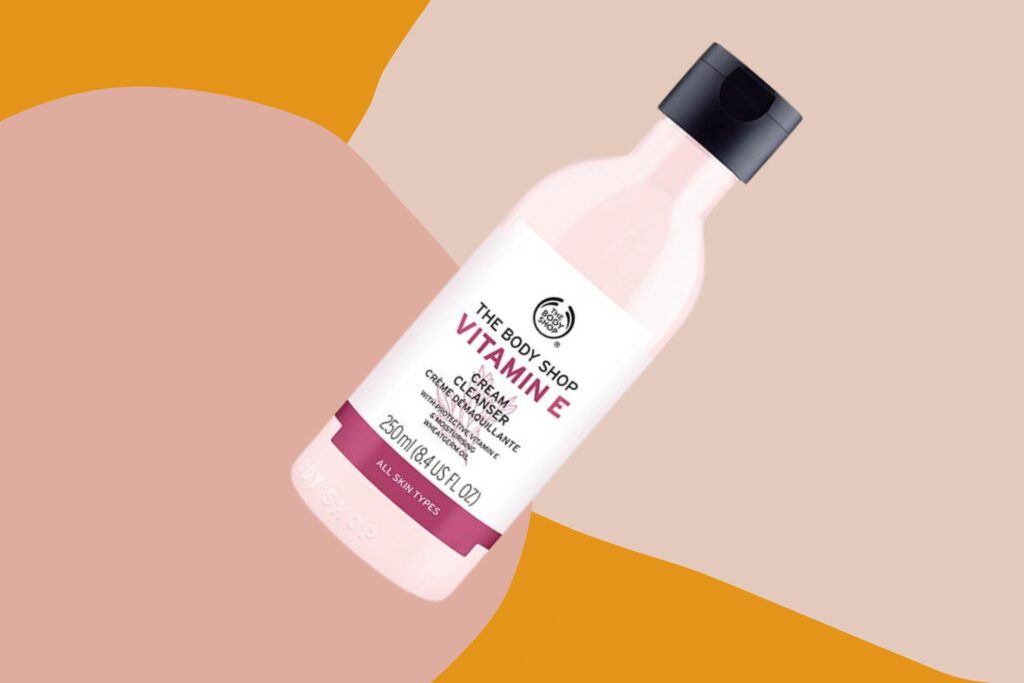
The Body Shop has long been at the vanguard of the campaign for cruelty-free, eco-friendly beauty, vehemently opposing animal testing. The brand underscores its commitment to a fair trade policy too, securing to not just minimise but eradicate contributions to environmental destruction altogether.
Check out the company’s Activism Hub for more on the wide range of initiatives the Body Shop are actively supporting.
L’Oréal
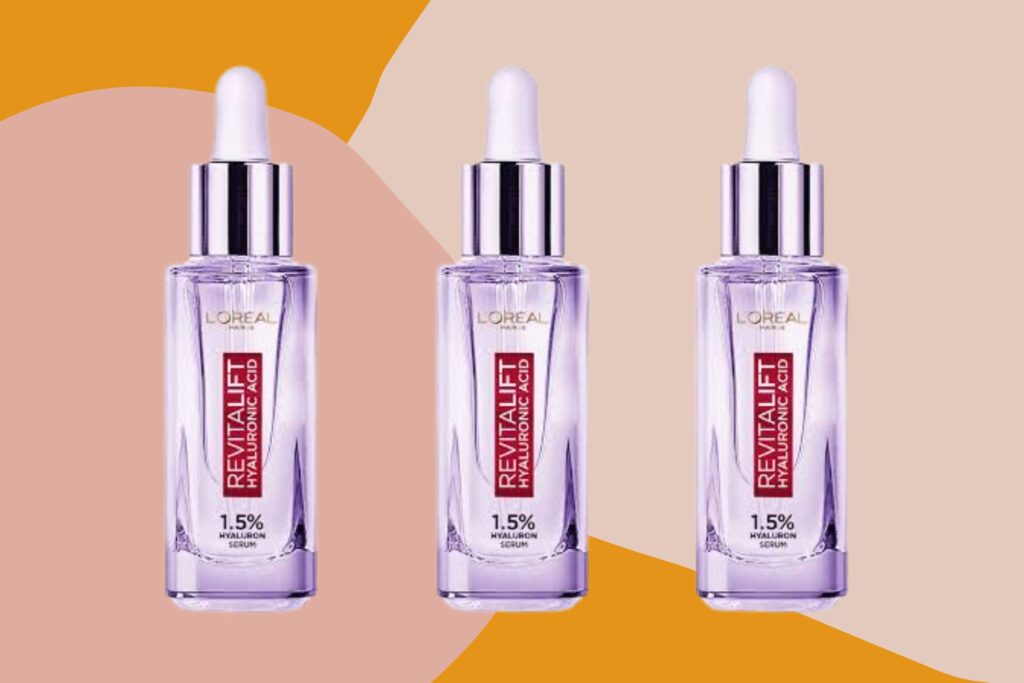
L’Oréal has committed to a tremendous transformation towards sustainability, making a global pledge to ensure that all of its production facilities will achieve carbon neutrality by improving energy efficiency and using renewable energy by the end of 2025. This astounding commitment from such a significant name in the industry sets an ambitious benchmark for all others to follow.
The Bottom Line
While the beauty industry is often caught up in the fast-paced and ever-changing world of trend forecasting and product creation, these brands demonstrate that long-term sustainability and social engagement can eventually lead the charge – influencing not just product trends, but industry standards.
By embracing their ethical obligations as companies, they demonstrate how the route to prosperity in the beauty sector, and indeed every industry, involves greater care for our world and its people. A bit more beauty, a little less beast, shall we say?





